Mobile security software market still small
Growth "is not as fast as you might think" given the mobile boom, says Symantec.
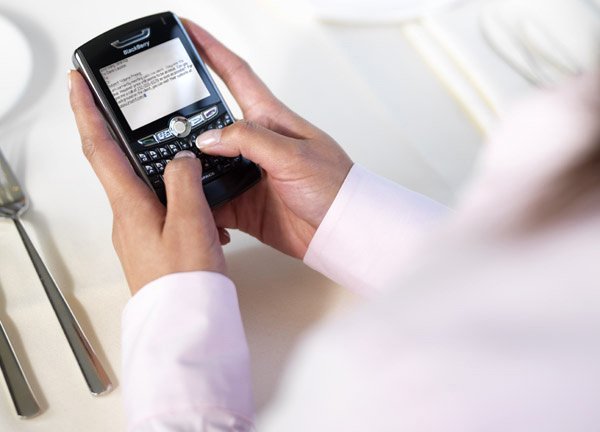
The market for software to protect mobile devices such as smartphones has yet to take off despite brisk sales of devices such as Research in Motion's (RIM) BlackBerry and Apple's iPhone.
Symantec chief operating officer Enrique Salem estimates that it is currently worth a few hundred million dollars a year.
"It is growing. But given the number of handsets, the number of smartphones, you would think it would be growing at a much higher rate," Salem told the summit. "I can't give you an exact number but it is not as fast as you might think."
Like Symantec, McAfee sells security products for mobile devices and has more in the works.
"Certainly we see opportunity there," McAfee chief executive Dave DeWalt told the summit.
For now, security on mobile devices is seen as an extra feature on programs designed to fight malicious software on personal computers and laptops, said Mike Haro, senior analyst with Sophos, the largest privately held security software maker.
But that is starting to change, he said.
Get the ITPro daily newsletter
Sign up today and you will receive a free copy of our Future Focus 2025 report - the leading guidance on AI, cybersecurity and other IT challenges as per 700+ senior executives
"Customers are beginning to look at what their strategy is for smartphones," he said in an interview.
Some of the most sophisticated security products for mobile devices are available in Japan, where carriers like NTT DoCoMo offer security software that customers can download onto their phones. They pay a monthly subscription fee to use the software, Salem said.
"You are starting to see more and more of that type of strategy being deployed. It is another service for them that they can make money off of, as well as important protection to the device itself," DeWalt said at the summit.
Experts say that one reason for the slow growth is that unlike the world of personal computers - where Microsoft's Windows operating system sits on the vast majority of machines that are shipped - a dominant platform has yet to emerge for mobile devices.
That makes them less attractive to hackers, who don't want to bother worrying about developing technology to break into multiple systems.
"If you're a bad guy looking to make money off of somebody, you want to spend the least amount of effort to do that. The quickest path to riches is usually the fast one," said Andrew Jaquith, a security analyst with The Yankee Group.
So the chances of getting hit by a hacker are far smaller than those of data on a lost mobile device being compromised when somebody picks it up from the back of a taxi.
"If we're talking security on smartphones, we are talking about encryption, or we are talking about remote wipe," Jaquith said.
Mark Rasch, managing director for technology at FTI Consulting, says his firm's clients are increasingly asking whether they should be worried about mobile phone security.
He says that they should be worried about risks associated with loss of the devices, rather than the prospects of a rogue hacker breaking in.
Mobile encryption and remote wiping software are necessary to keep those devices safe and are effective in doing so when the right products are used, said Rasch, an attorney who spent 25 years prosecuting computer crimes for the US Department of Justice before moving to FTI.
"You can have extraordinarily secure mobile communications," he said.
ITPro is a global business technology website providing the latest news, analysis, and business insight for IT decision-makers. Whether it's cyber security, cloud computing, IT infrastructure, or business strategy, we aim to equip leaders with the data they need to make informed IT investments.
For regular updates delivered to your inbox and social feeds, be sure to sign up to our daily newsletter and follow on us LinkedIn and Twitter.
-
 Women show more team spirit when it comes to cybersecurity, yet they're still missing out on opportunities
Women show more team spirit when it comes to cybersecurity, yet they're still missing out on opportunitiesNews While they're more likely to believe that responsibility should be shared, women are less likely to get the necessary training
By Emma Woollacott
-
 OpenAI's new GPT-4.1 models miss the mark on coding tasks
OpenAI's new GPT-4.1 models miss the mark on coding tasksNews OpenAI says its GPT-4.1 model family offers sizable improvements for coding, but tests show competitors still outperform it in key areas.
By Ross Kelly
-
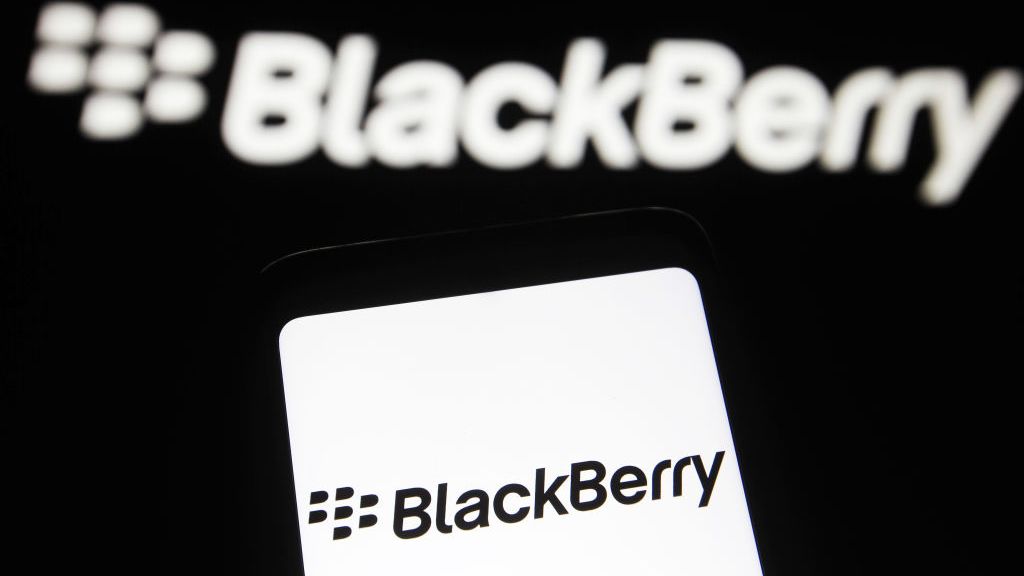 Blackberry revenue falls by 4% as cyber security division takes hit
Blackberry revenue falls by 4% as cyber security division takes hitNews Despite this, the company’s Internet of Things (IoT) division increased its revenue by 28% as it attracted new customers from the automotive sector
By Zach Marzouk
-
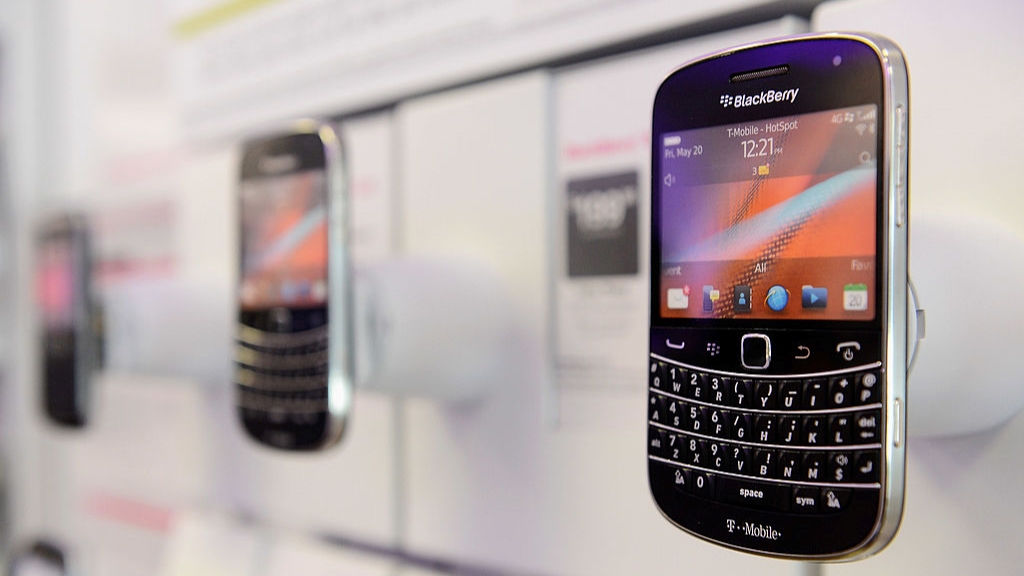 BlackBerry revival is officially dead as OnwardMobility shuts down
BlackBerry revival is officially dead as OnwardMobility shuts downNews The Texas-based startup is mysteriously shutting down and taking its ultra-secure 5G BlackBerry with it
By Bobby Hellard
-
 BlackBerry and AWS are developing a standardized vehicle data platform
BlackBerry and AWS are developing a standardized vehicle data platformNews Platform will give automakers a standardized way to process data from vehicle sensors in the cloud
By Rene Millman
-
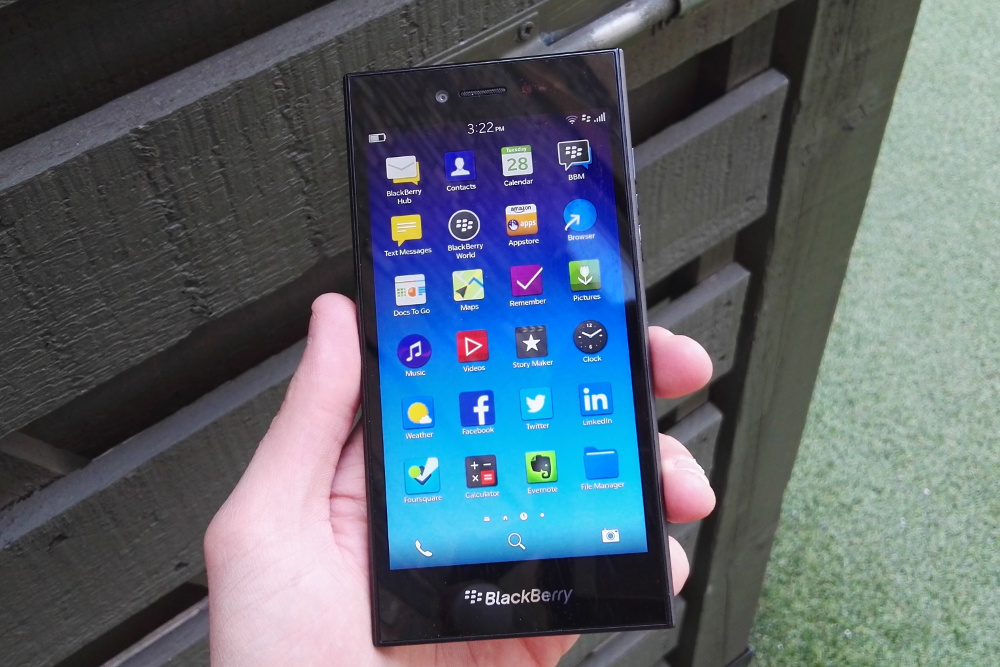 BlackBerry thwarts mobile phishing attacks with new AI tools
BlackBerry thwarts mobile phishing attacks with new AI toolsNews The company's Protect Mobile platform alerts users to potential malware before a link is clicked
By Tyler Omoth
-
 BlackBerry Persona Desktop delivers zero-trust security at the endpoint
BlackBerry Persona Desktop delivers zero-trust security at the endpointNews New security solution learns user behavior and can take action if there’s an abnormality
By Justin Cupler
-
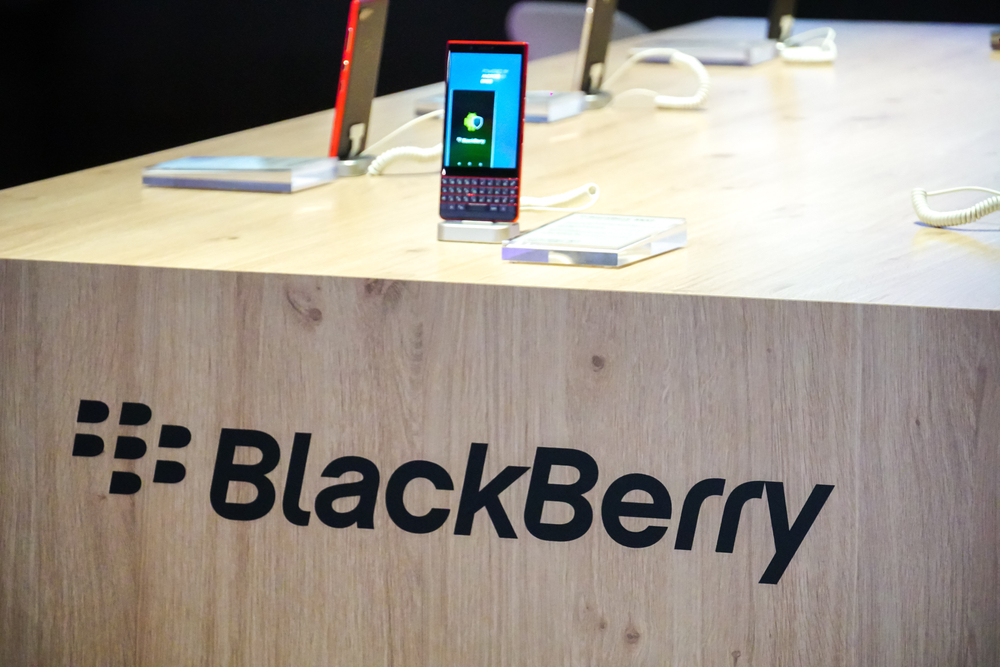 A 5G BlackBerry phone with physical keyboard is coming in 2021
A 5G BlackBerry phone with physical keyboard is coming in 2021News The business phone to be resurrected with OnwardMobility and FIH Mobile planning a security-savvy enterprise handset
By Bobby Hellard
-
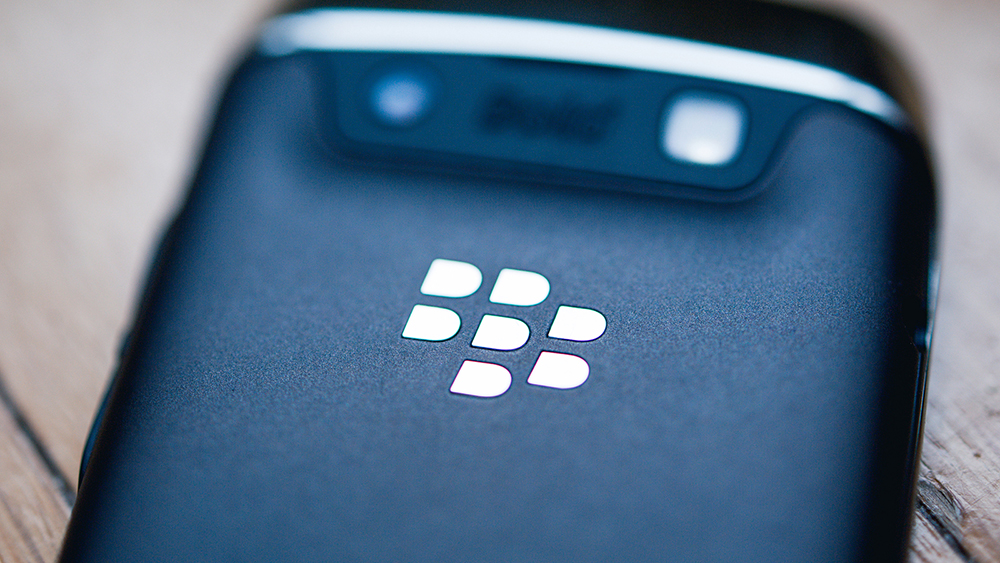 The business smartphone is dead
The business smartphone is deadIn-depth BlackBerry’s demise signals the end of the business-first handset
By Carly Page
-
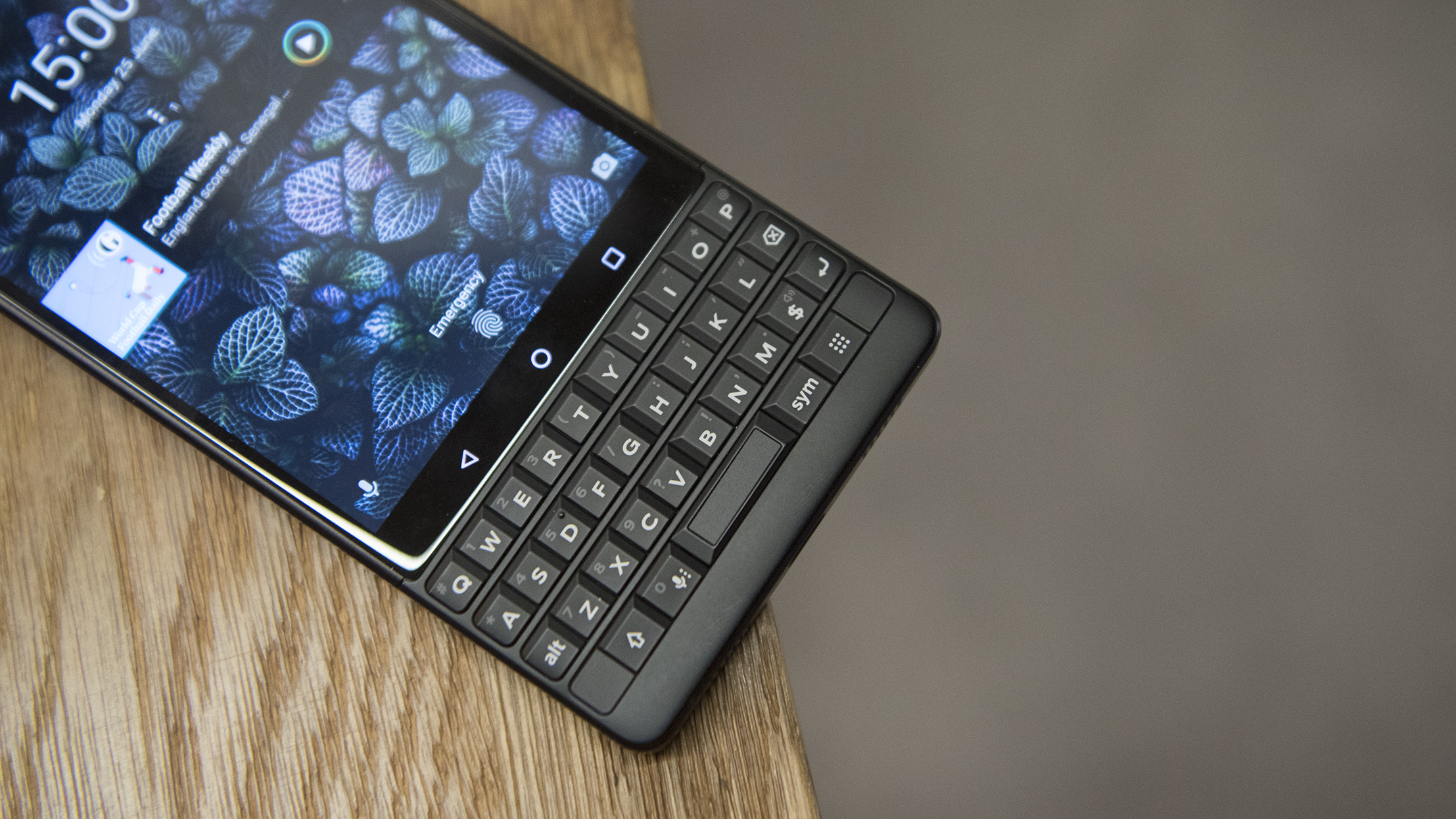 BlackBerry Key2 review: The best physical keyboard no one asked for
BlackBerry Key2 review: The best physical keyboard no one asked forReviews Despite the improvements, the flaws of BlackBerry’s Key range are still front and centre
By Bobby Hellard
